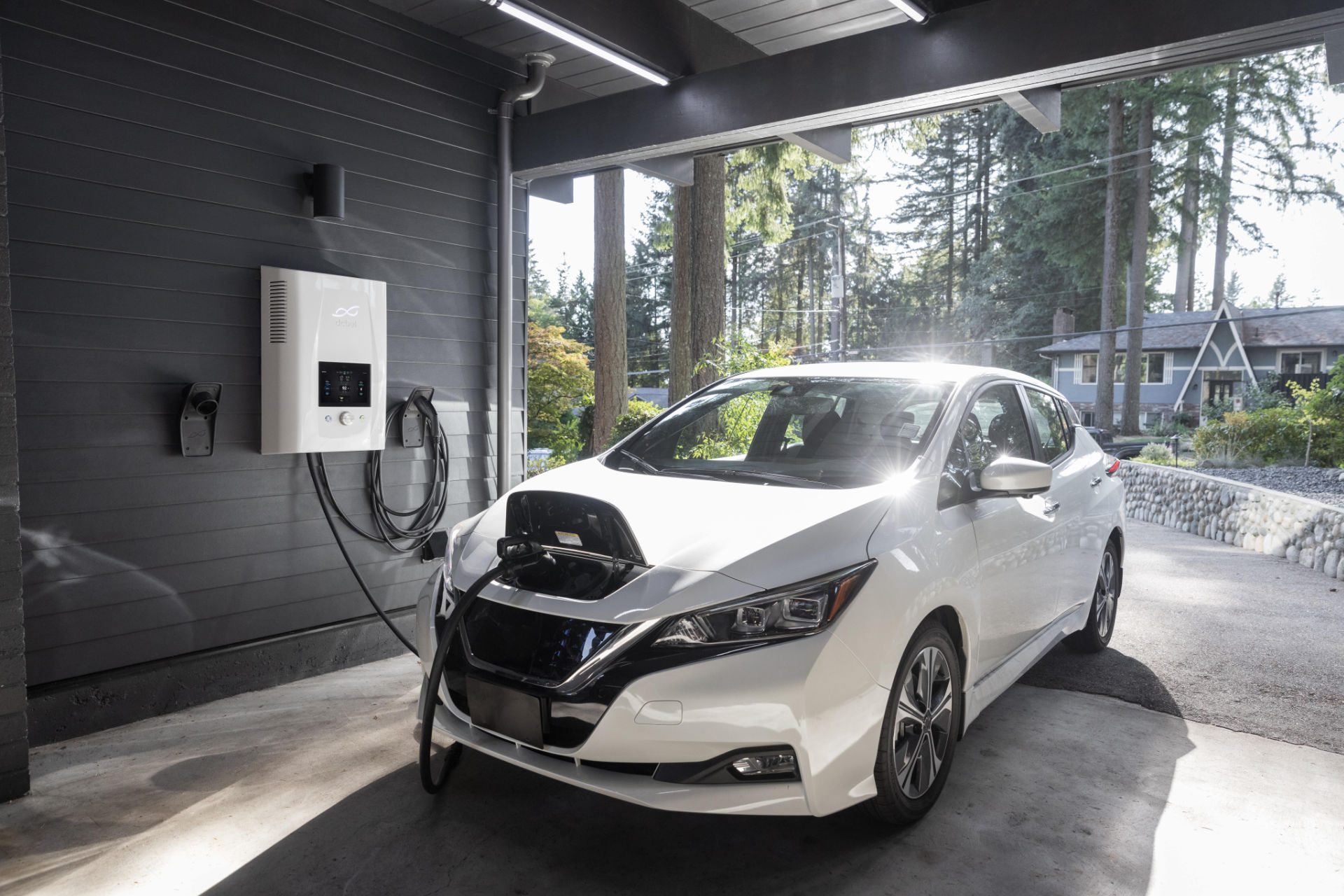
Everything you need to know before buying your first EV car
When looking to purchase your first electric vehicle (EV) there is a lot to learn, especially since they are completely different from the cars you grew up learning about and purchasing. This article will give you a basic overview of what you need to know before making your first purchase.
What is an EV?
Disregard the complicated system that you know. No more gasoline combined with hair, igniting the compressed mixture to cause a small explosion and then heat and expanding gas pushing down the engines pistons to get the car moving. Instead, how about a clean and simple electric motor and a battery pack.
The future of cars is here, it’s growing and it’s not going anywhere. Its simplicity and natural appeal to ‘go green’, paired with its speed and overall appeal makes it worth not just leaning about but consideration for immediate purchase.
Batteries for Beginners
Most electric vehicles feature a rechargeable lithium-ion battery. This are different from nickel-metal batteries used in many hybrids. What is important to know if that these batteries are built to last. An average EV battery can last up to 20 years and even if it begins to fail early, all manufactures is the US are required to carry an eight year or 100,000 mile warranty on all batteies.
Range- What Do I really Need?
Most EV have a range of 200 to 300 miles per charge. Depending on who you are, that might seem like a lot or a little. The average American drives roughly 35 miles each day, sometimes up to 50 if you live in rural America. Even so, a range of 200 miles+ is more than enough to get you to and from your destination with lots of miles to spare.
Even if you are someone who has to travel hundreds of miles each day, there are lots of convenient charging options for EV drivers as they are out and about.
Charging (no more gas!)
Most EV owners will charge their cars at home during the night. It is important to understand that there are two different options for home charging. The first is using a standard electric plug- this is a slower charge and will only add roughly 4-5 miles of charge per hour. The other option is to istall a 20-volt charger that will add between 35 and 40 miles per hour of charge based upon the model of your vehicle.
Similarly, if you are needing to charge you vehicle outside of your home, there are lots of options ranging from slow and free chargers to quick charging stations that cost around $0.29 per minute.
Maintenance
A lot of consumers will assume that an EV does not require any maintenance at all because the typical engine has been replaced by a battery. This is not true, but it does require much less maintenance than the average car.
With an EV, the main parts that you should keep an eye on are; the battery pack tires and braking system. Not too bad right?
Discounts for Going Electric
There are plenty of incentives for EV owners, it all depends on the state you live in. Many of these benefits are found in the form of rebates and tax deductions when you make the transition from gas to electric. You can find your specific states incentives here.
If now is the right time to make the switch for you, take a moment and view the many options that are available to you.